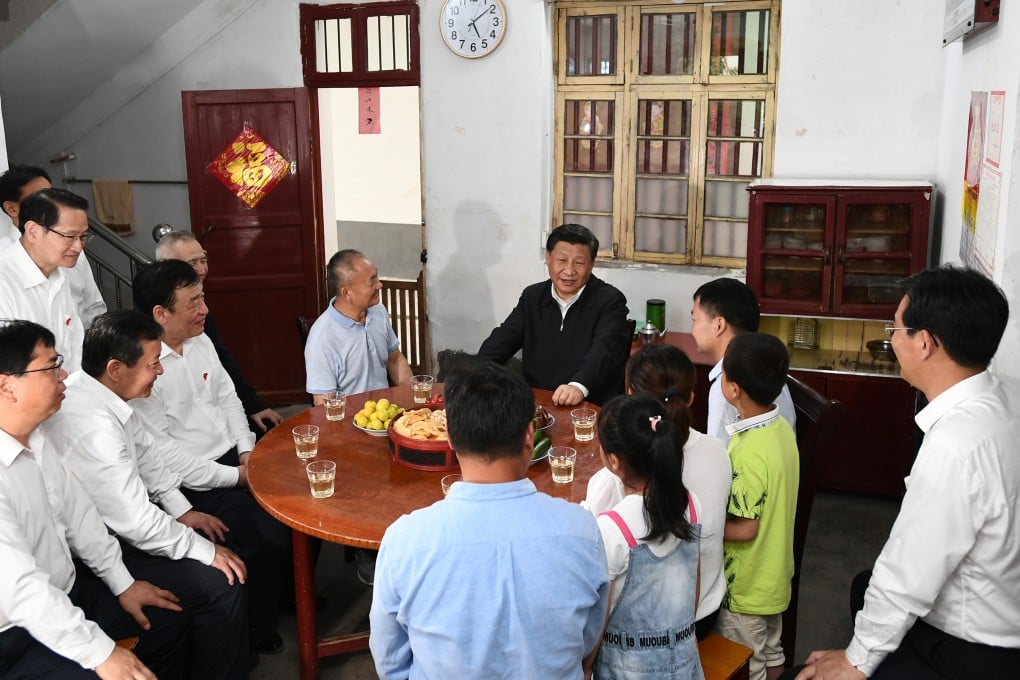Advertisement
Why has a ‘vague’, brief mention of a new ‘common prosperity’ push got on the nerves of China’s rich?
- Xi Jinping outlined how China will keep ‘income distribution and the means of accumulating wealth well-regulated’ at the 20th party congress
- So-called common prosperity was first mentioned by Xi last year amid a drive to close the country’s yawning wealth gap
Reading Time:3 minutes
Why you can trust SCMP
33

He Huifengin Guangdong
“The more vague it is, the more afraid everyone is.” A renewed push to regulate wealth accumulation has triggered fresh worries among wealthy and upper middle-class families in China.
First mentioned last year as part of a plan to address inequality, President Xi Jinping laid out more practical implications of so-called common prosperity in Sunday’s work report to the 20th party congress.
Xi outlined how a personal income tax system will be improved, while highlighting how China will keep “income distribution and the means of accumulating wealth well-regulated”.
Advertisement
“We will protect lawful income, adjust excessive income, and prohibit illicit income,” said Xi.
It is seen as targeting the wealthy class, though so far we don’t know the specific agenda and intensity of the implementation of the action plans onwards
Officials have previously denied the strategy is a Robin Hood-style steal from the rich to give to the poor plan, but concerns over investment and asset security remain.
Advertisement
Advertisement
Select Voice
Choose your listening speed
Get through articles 2x faster
1.25x
250 WPM
Slow
Average
Fast
1.25x